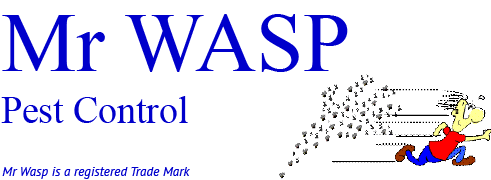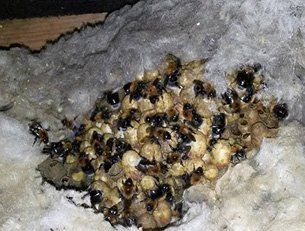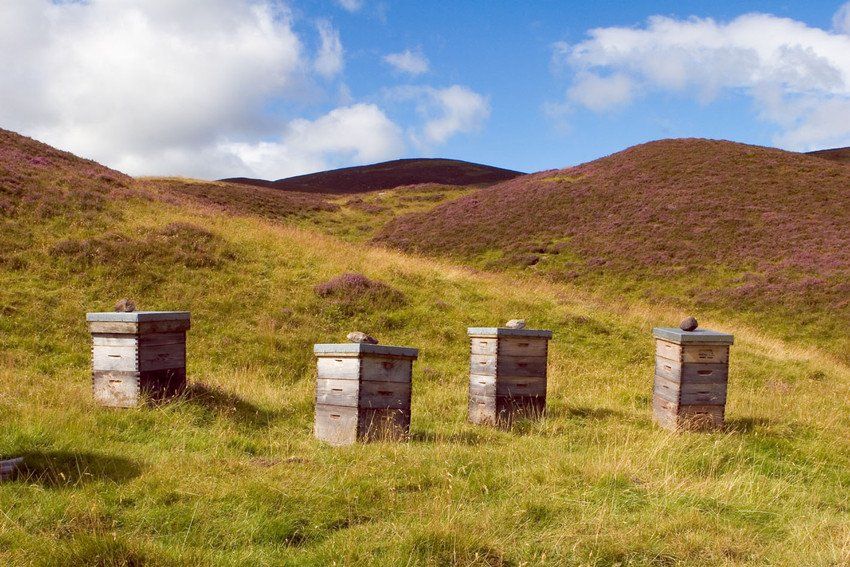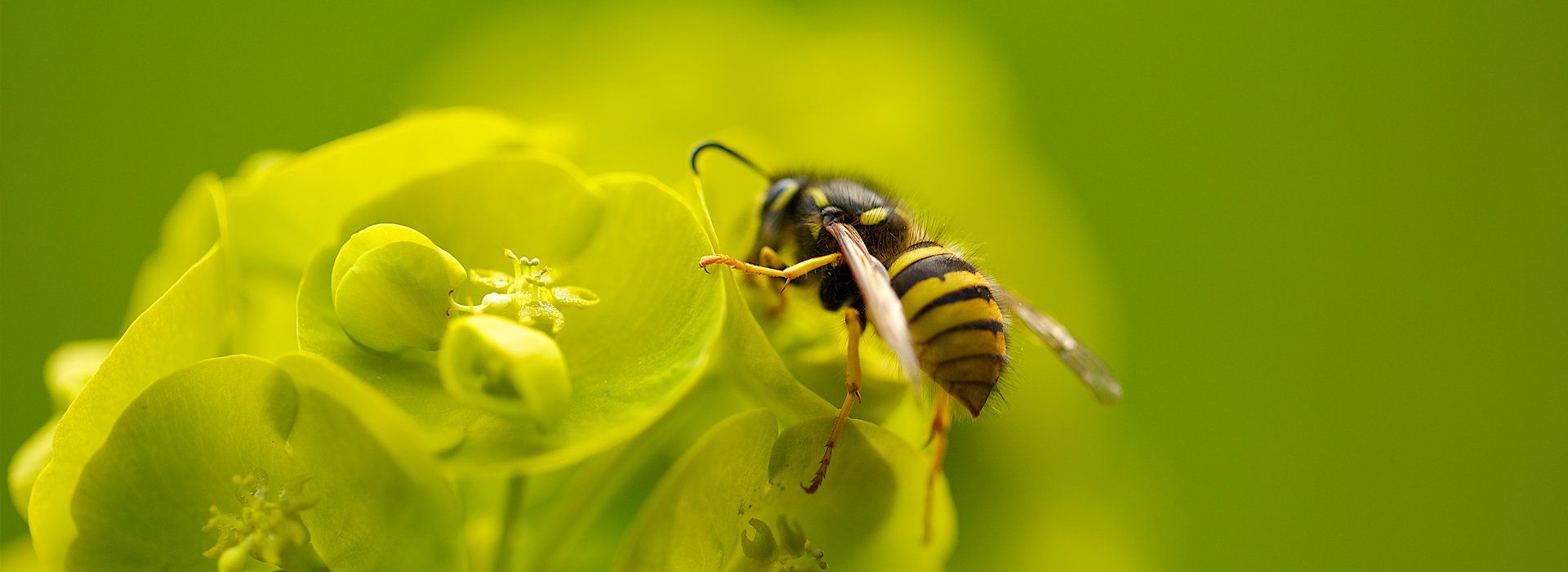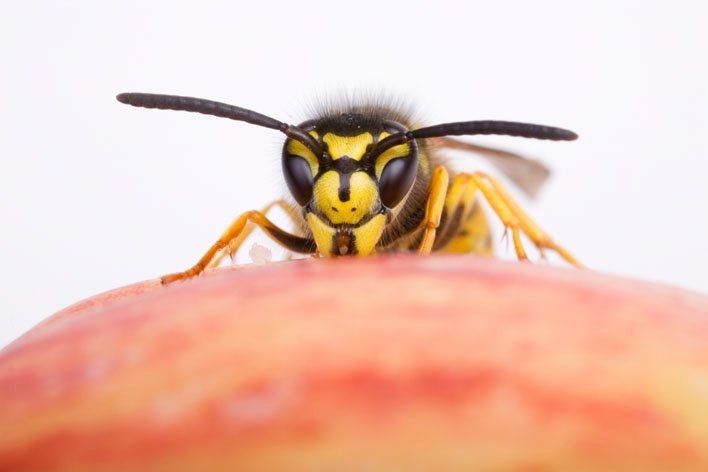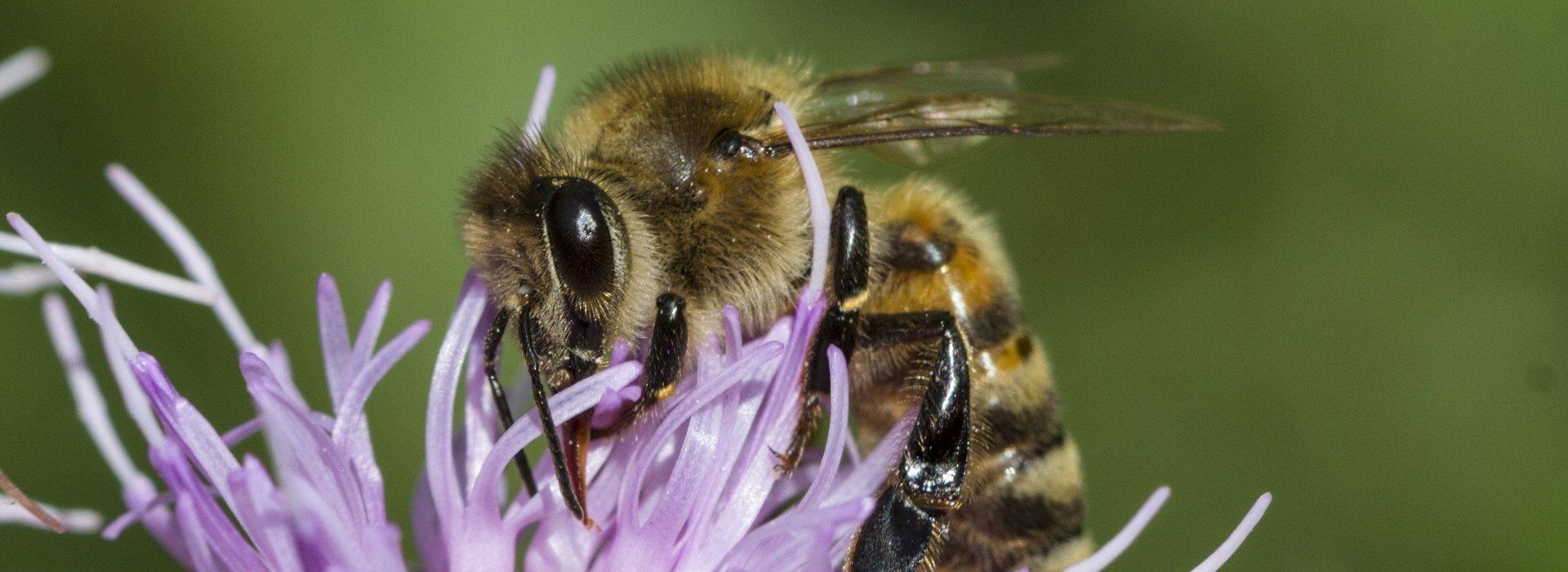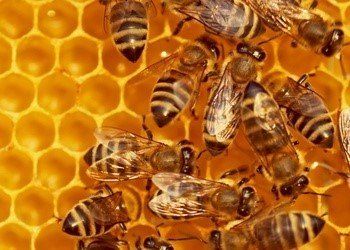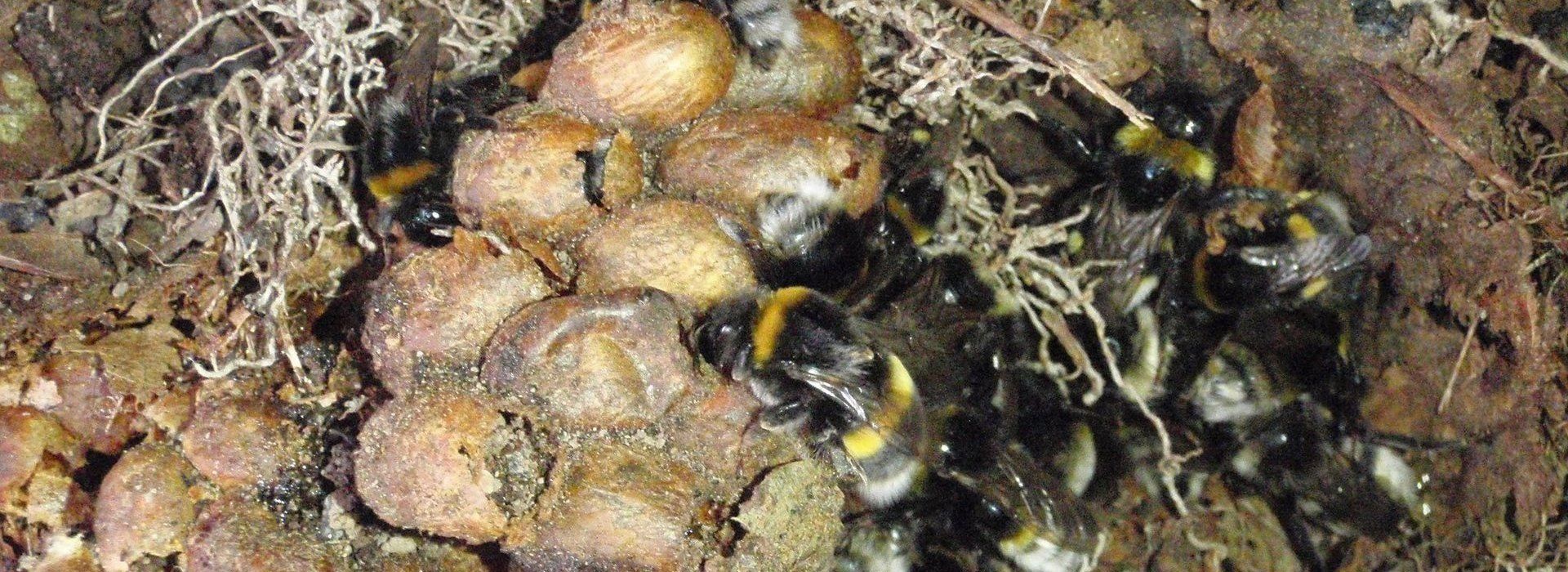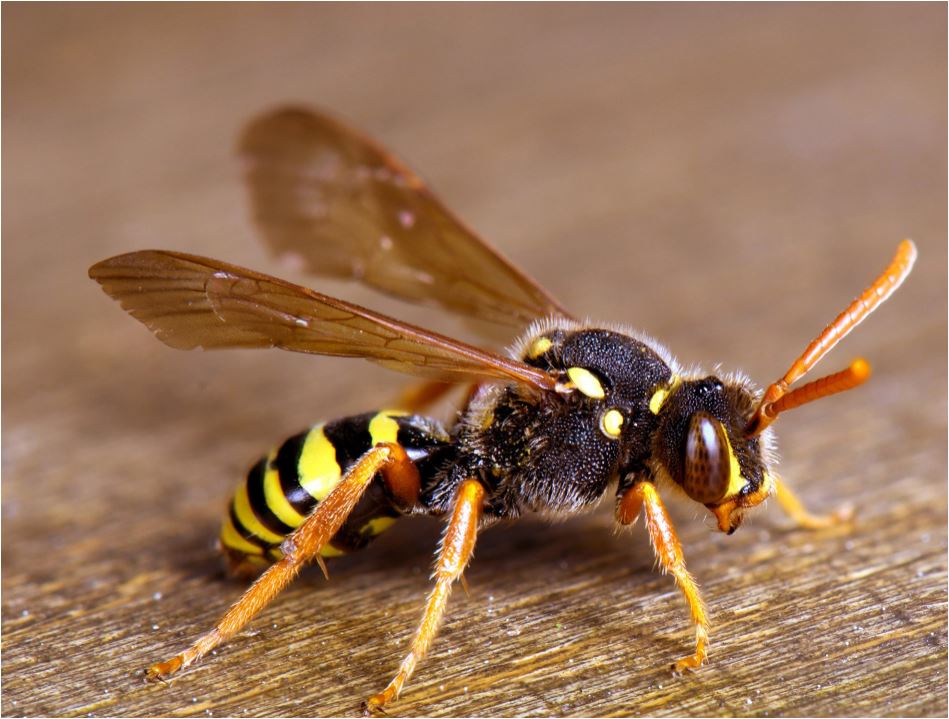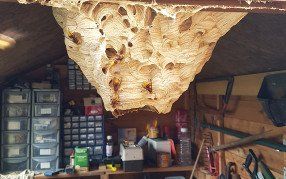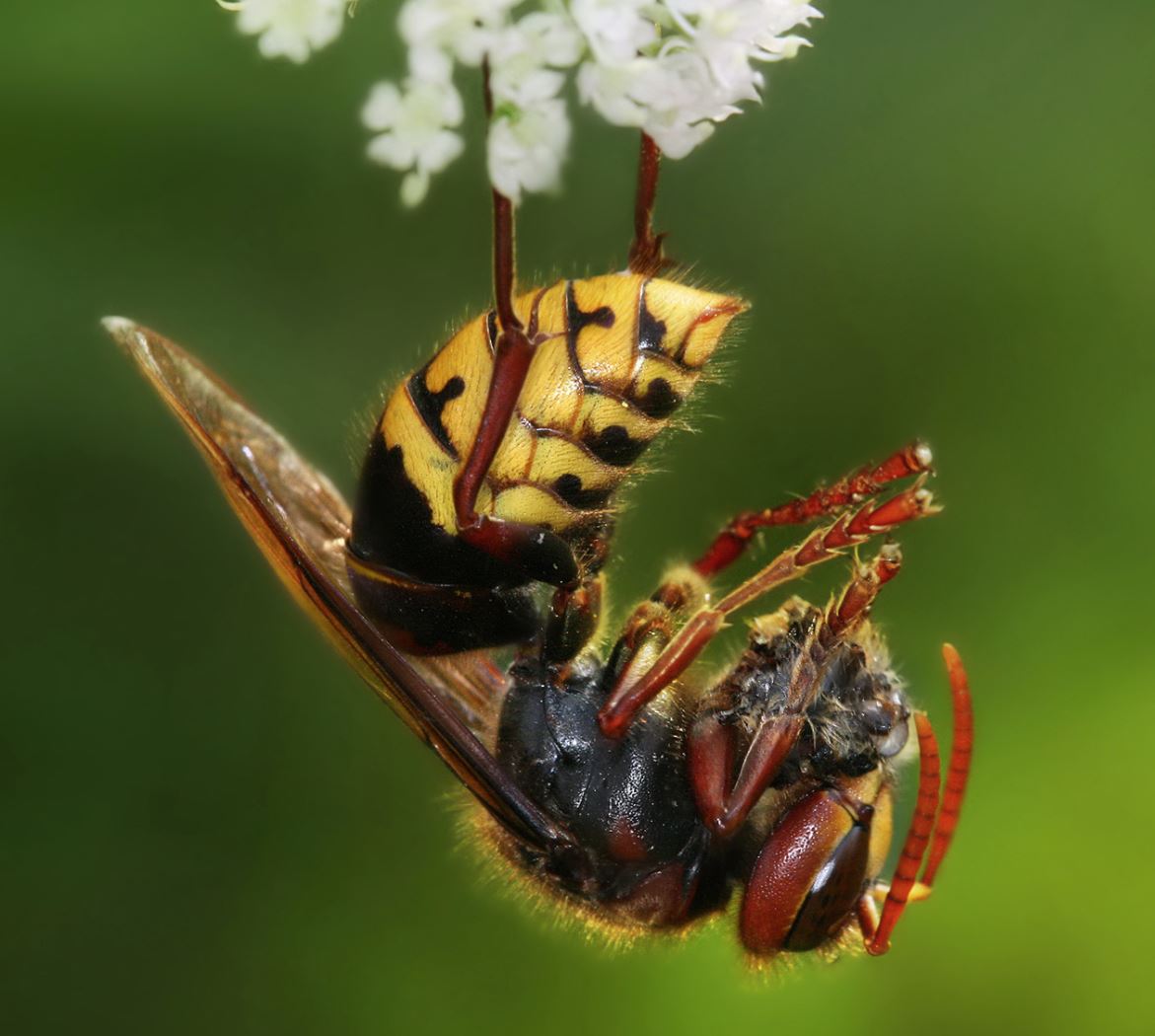Want to keep the bugs at bay? DIY home pest control tips to follow before a professional arrives
There’s no denying that everyone appreciates their local wildlife, whether that’s watching bumblebees suck the nectar from flowers or pointing out squirrels as they run through the park. Despite this, nobody wants to share their home with these insects and small creatures.
If you are currently experiencing a pest control problem, you will know how frustrating it can be. For this reason, it’s imperative to call a professional exterminator as soon as you’ve noticed the issue. Pest control experts can tackle wasp nests, rodent families and much more quickly and easily, giving you total peace of mind that you aren’t sharing your home with any unwanted visitors.
However, what happens if the exterminator you’ve called isn’t available when you need them? What if they can’t arrive as quickly as you would like them to? In this case, you may want to think of a couple of DIY home pest control solutions to keep the issue at bay until the professionals arrive.
Here we offer our top tips for preventing pests from finding their way into your home and garden in the first place, and some tricks to stop the problem developing.
Call local pest control companies
Before we begin, we should make it clear that calling a professional exterminator should always be your first port of call. No matter how minor you may perceive the problem to be, it’s important to make sure that you get advice from a professional.
For instance, although you may have only glimpsed the wasp’s nest once or twice without actually running into any of the bugs, the problem may be more serious than you initially suspected. Or, you may think that you’ve solved the problem with some home remedies, only for the issue to get worse over time.
With this in mind, it’s imperative that you call the pest control experts if you’ve noticed the signs of pests in your home. The following tips should only be used as a stop-gap measure, so make sure you only use them until a local wasp nest removal expert can visit your property.
Keep your home clean at all times
Of course, no one has time to run around with the vacuum or antibacterial spray every day. However, when it comes to preventing pests from finding their way into your home, it certainly pays to keep your property clean. It is particularly important to ensure that you don’t leave food leftovers lying around, as bugs and rodents will likely pick up the scent and pay a visit to your house for an easy feast.
Cleaning your house regularly will also disturb any critters that are looking for a new place to settle. By dusting and vacuuming frequently, you will inevitably make the rooms in your house inhabitable to pests.
Don’t forget to inspect your loft, basements and sheds regularly, too. As these often go undisturbed for weeks and even months on end, they can be particularly attractive to bees, wasps and hornets looking for a new home.
Keep all food in sealed containers
As we’ve just mentioned, insects and other pests are attracted to food sources - especially those left out for grabs! To prevent bugs from lingering in your home, or to encourage them to move on if they’ve already settled, make sure you seal all food containers and keep everything stored away in cupboards. This is particularly important for fresh food, but make sure you also store away cereals and grains.
On the same note, make sure you keep all bins sealed, too; leftover food in bins can carry a scent that attracts pests in droves.
It’s not just food that insects and other pests are attracted to. Be aware that any water sources in your home or garden will also encourage bugs to your property, especially if they are stagnant. For instance, if you have a birdbath in your garden that has been left to stagnate, it’s a good idea to remove and replace the water to prevent bugs from lingering.
Seal all cracks and holes in your windows and doors
By closing off the access points to your home, you will make it much more difficult for any pests to enter your property and create a nest. While it’s important to seal any cracks inside your home, it’s particularly important to pay attention to any gaps or holes that can be accessed from the outside too. If bees, hornets, rats or squirrels find gaps in your home’s exterior - especially in the roof - they will most likely take advantage.
This is something you can do while you wait for the pest control services to arrive, even if you can only seal them temporarily for now. Scrunched up bits of paper, duct tape and adhesive wood fillers are all effective ways to seal cracks and gaps temporarily.
Once you already have pests inside your home, preventative measures may not be of much use. However, there are some remedies that you can make yourself at home to hopefully repel the pests within your property before the professionals arrive.
For the best results, it’s a good idea to research the remedies specific to the pest you’re dealing with. But, if you’ve noticed bees, wasps and hornets in your home or garden, some of the plants and scents you may consider include:
Eucalyptus plants have plenty of benefits, including the fact they look and smell wonderful. However, bees and wasps don’t seem to think so. To ward off pests in your home, consider planting eucalyptus in your garden or purchasing it in an oil form to spritz around your home.
If you’re hoping to get rid of bees and wasps lurking around your property, then you may consider using Citronella - it has a particularly pungent smell that many bugs don’t react well to. To reap the benefits of this plant, you could either plant it in your garden or purchase citronella candles to burn in your home.
Wormwood is one of the most effective deterrents of bees, wasps and hornets. The leaves of wormwood contain absinthe which can be fatal to insects, and will encourage bees and wasps to avoid your garden.
Peppermint is celebrated for a variety of reasons, including the fact that it’s an effective natural repellent for many pests, including mice, fleas, cockroaches and bees. Fortunately, many people actually enjoy the smell of peppermint, so it’s a popular choice of plant and scented oil to spritz around the home.
For some people, planting eucalyptus, wormwood and other plants may not be ideal, especially if you have pets or children that you are worried about ingesting toxic substances. In this case, you may want to try a simple, non-toxic solution of soap and water.
Without getting too close to the wasp or bee nest, spritz the solution around the affected area. The mixture can make it difficult for the insects to breathe and will kill them quickly.
Mr Wasp: Professional hornet, wasp and bee control experts in Newport and beyond
Having an infestation of bees, wasps or hornets in the home is not only frustrating, but it can also be dangerous. For this reason, it’s imperative to make sure you leave the issue to the professionals to resolve as soon as possible, without relying on homemade remedies to tackle the problem.
At Mr Wasp, our team of professional exterminators are on hand to assist with bee, wasp and hornet infestations of all sizes and severity and are proud to help customers in Newport and throughout South Wales keep themselves and their properties safe. We have the resources, knowledge and experience to expertly remove wasp, bee and hornet nests with ease, all while causing minimal disruption to your residential or commercial property.
Whether you live or work in Bridgend, Barry, Newport, Pontypool or beyond, we at Mr Wasp should be your go-to pest control experts for all your wasp, hornet and bee removal needs. For more information about our range of services, please don’t hesitate to get in touch with us at Mr Wasp today.
